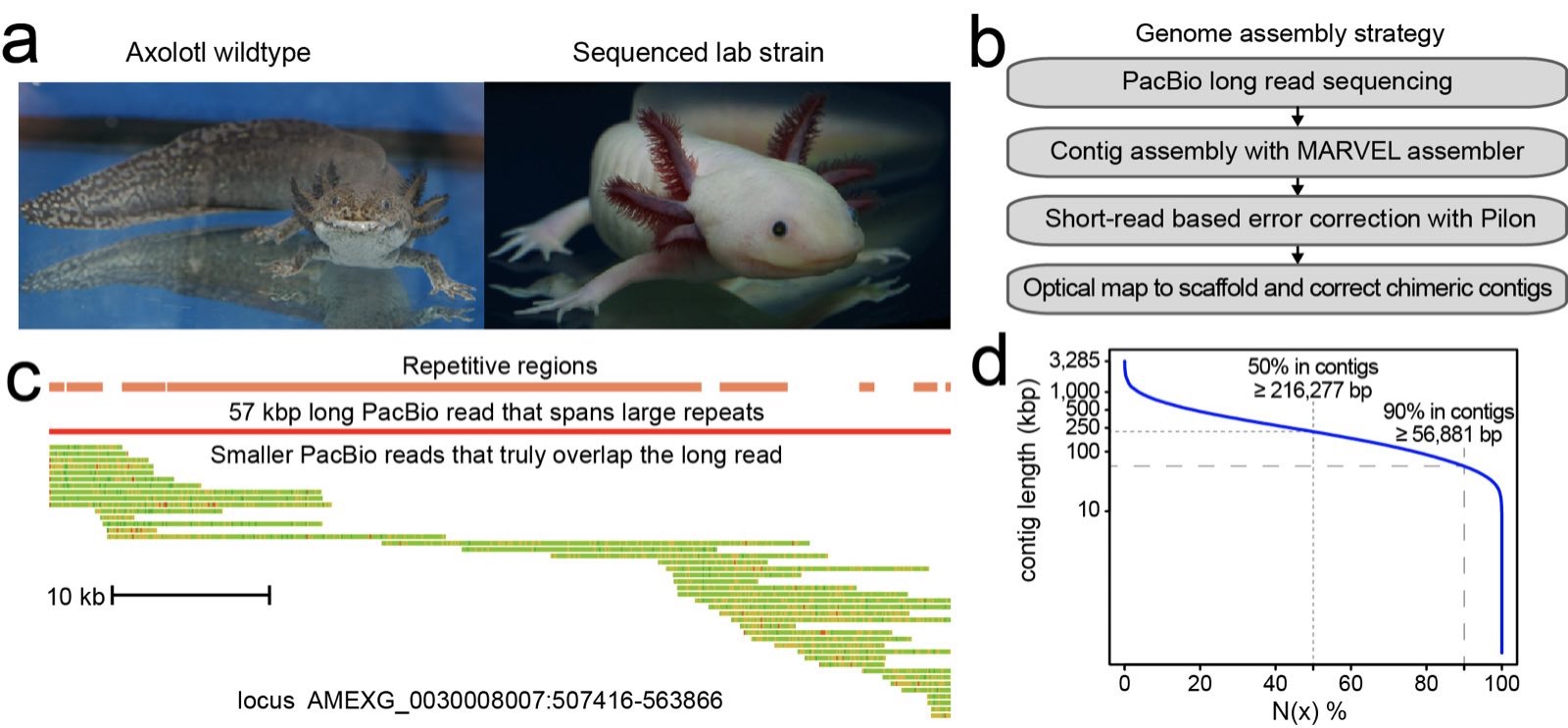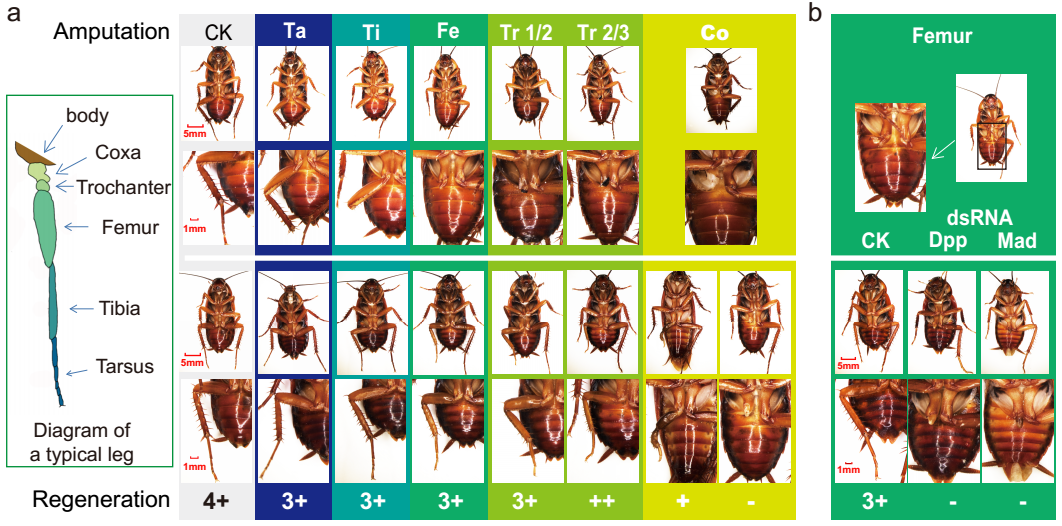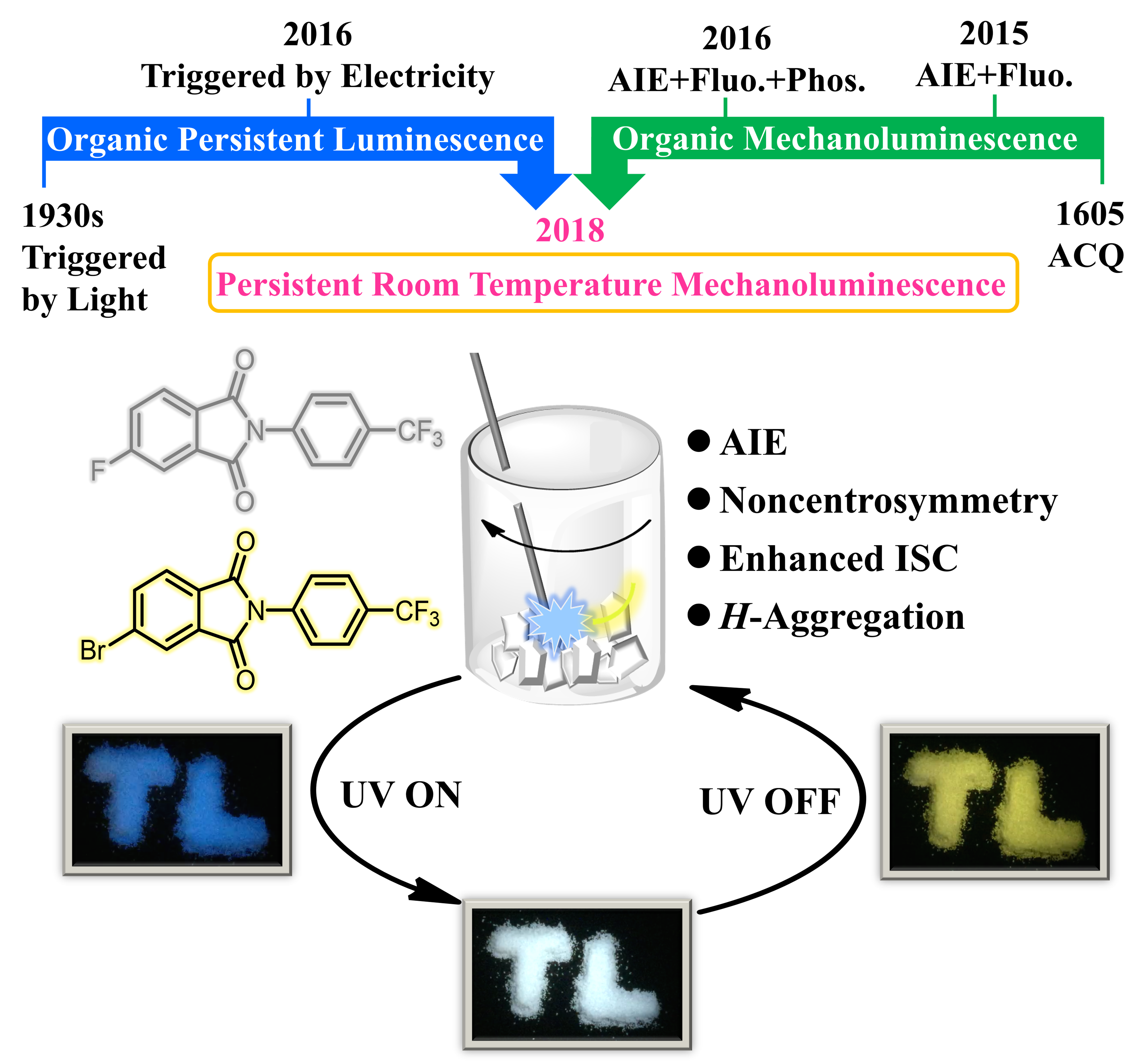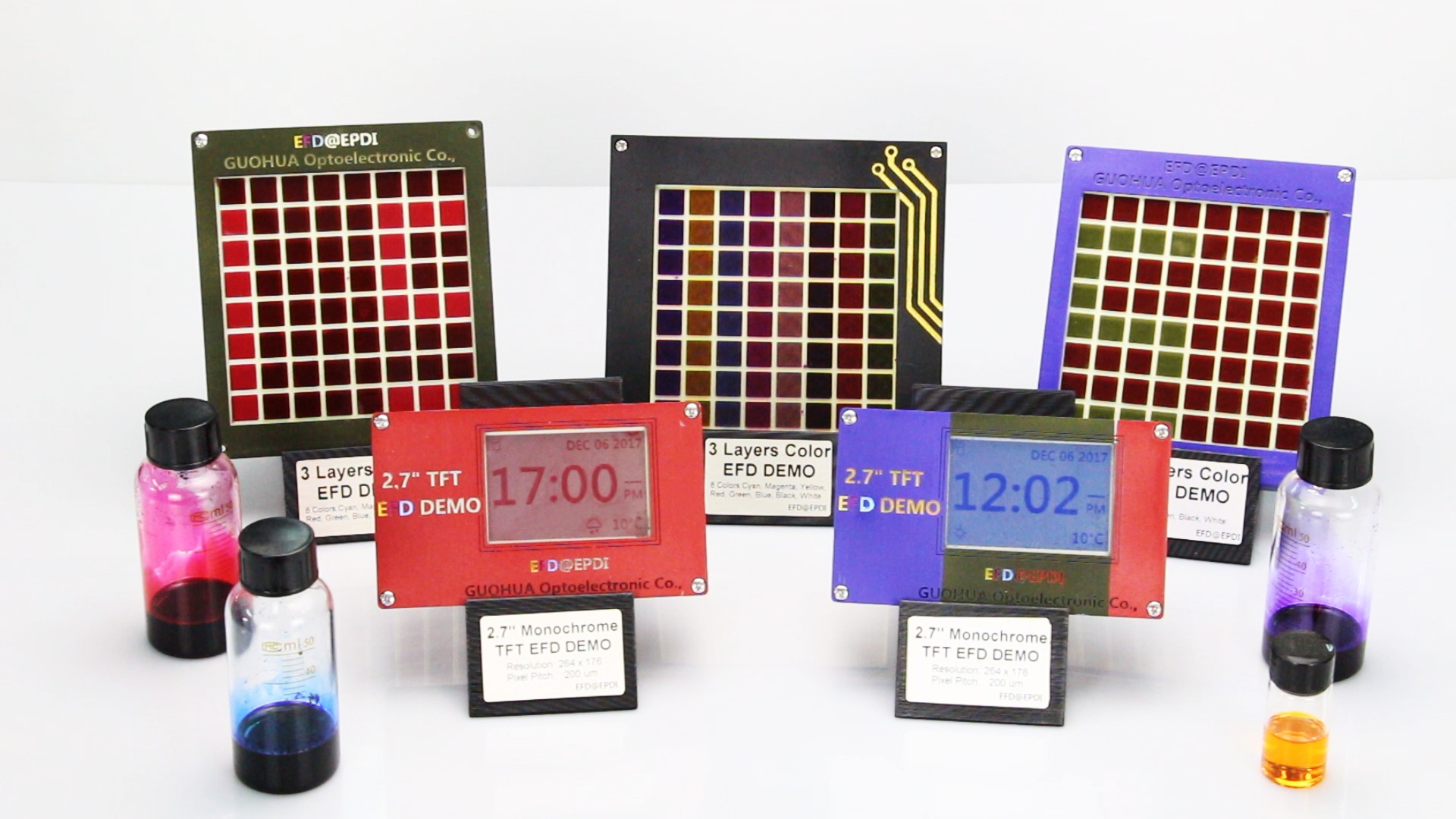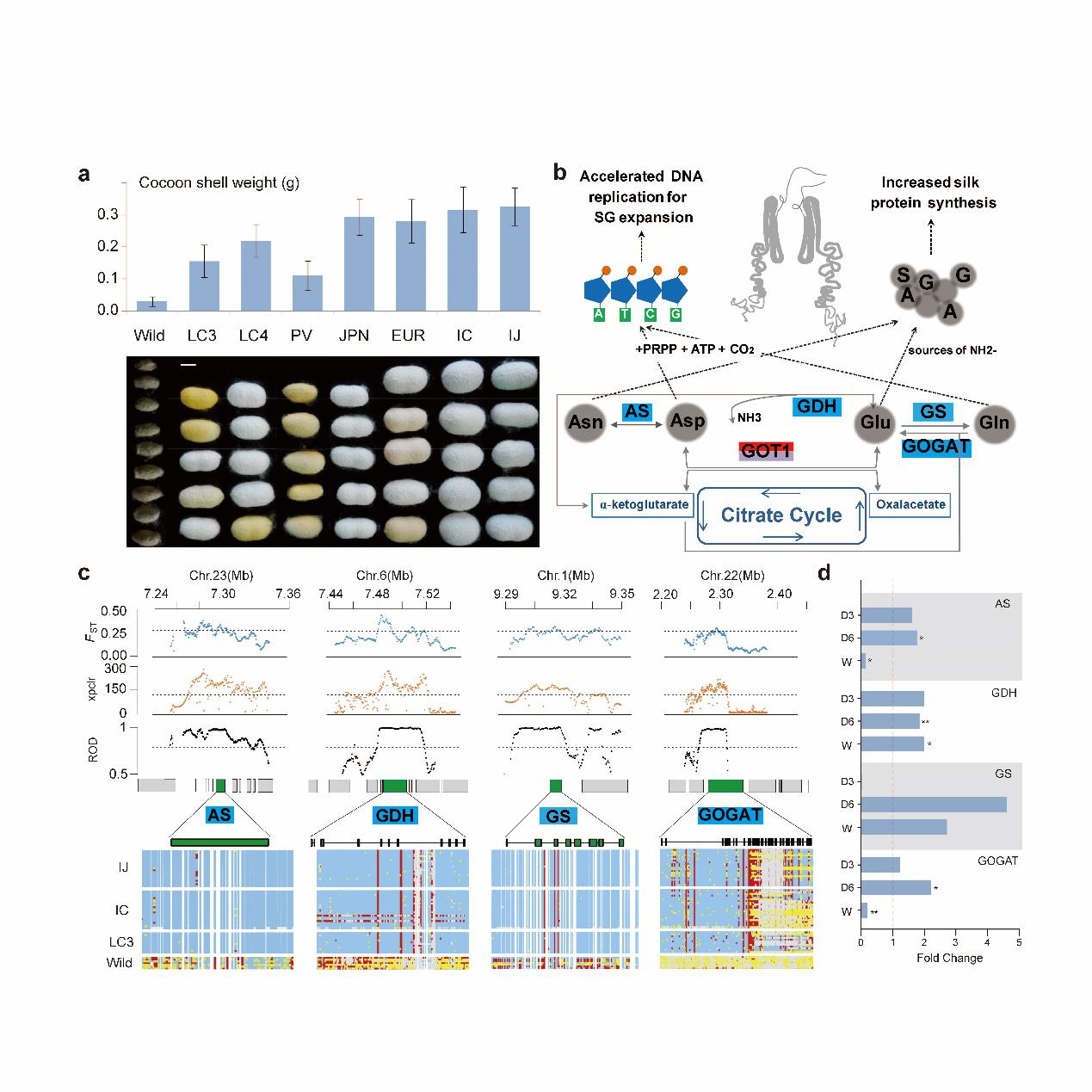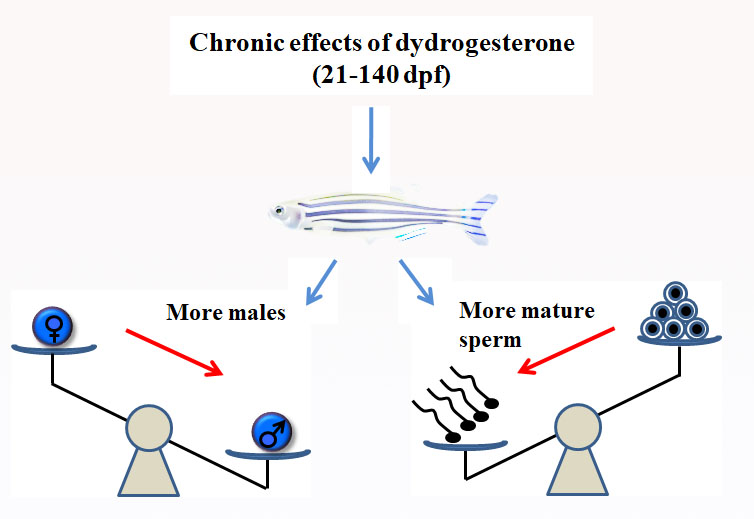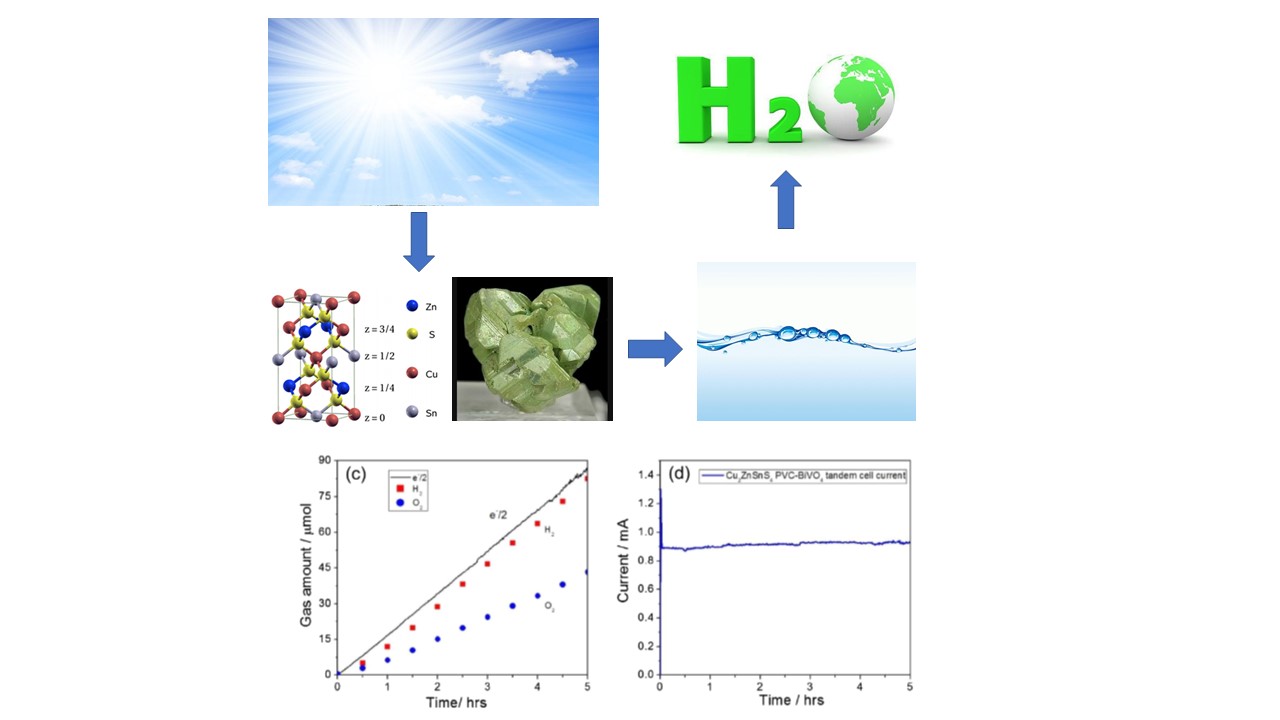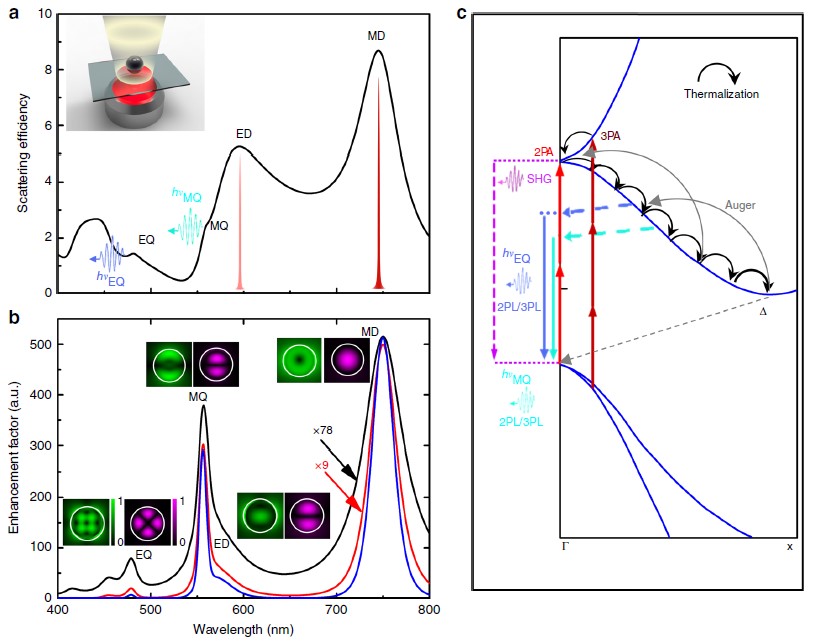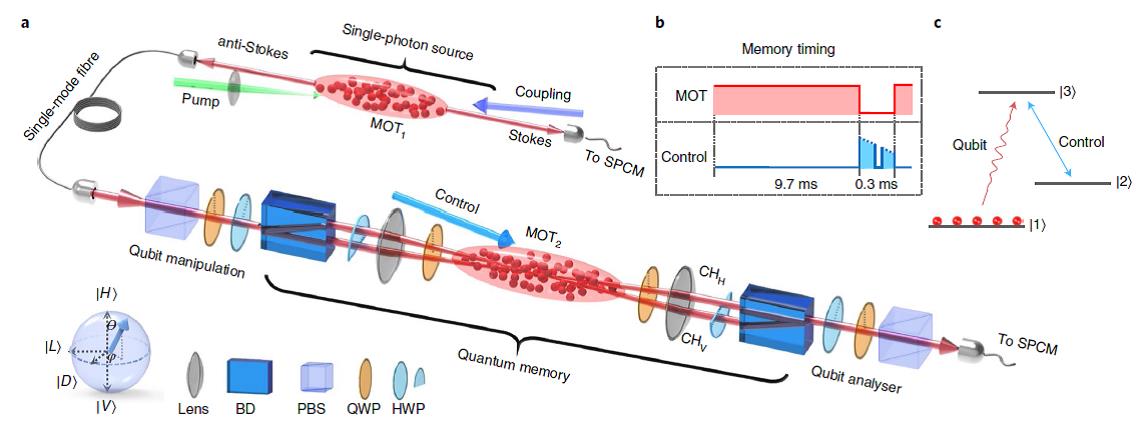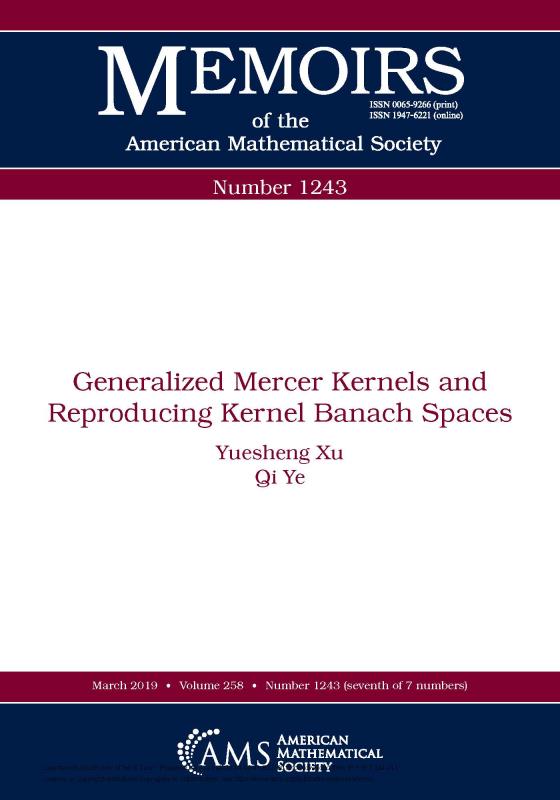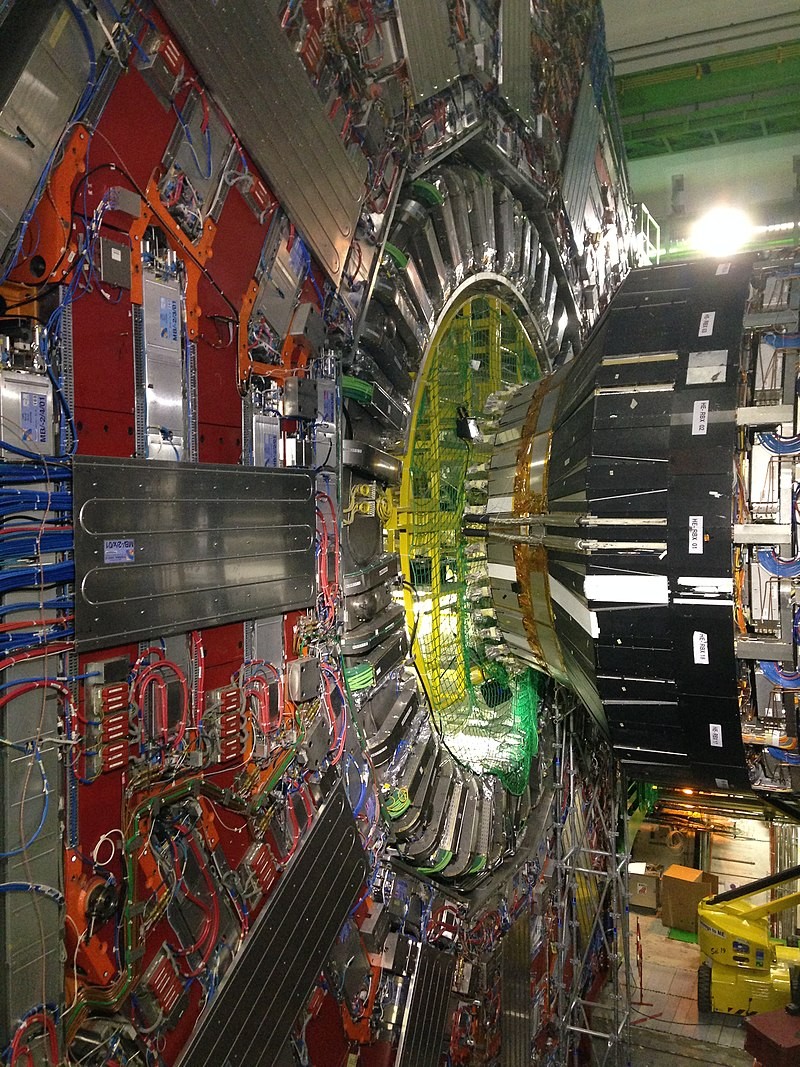
Likes
Recently, the application of SCNU to join the international Compact Muon Solenoid (CMS) collaboration has been officially approved by the Board of Governors of the CMS of the European Organization for Nuclear Research (CERN).
The research group of Yang Shuai of the SCNU Institute of Quantum Matter will deploy the CMS to carry out experiments into high energy heavy-ion physics. At present, the international CMS collaboration consists of more than 3,000 researchers from 57 countries and regions.
The Large Hadron Collider (LHC) is the world’s largest and most powerful particle accelerator, and the most advanced international super-large physics experiment facility for human understanding of the microscopic world. The LHC has four large international collaborative experiments, including ALICE, ATLAS, CMS and LHCb. CMS is one of two large general-purpose particle physics detectors. The goal of the CMS experiment is to investigate a wide range of physics, including the search for the Higgs boson, accurate measurement of the basic physical parameters of the standard model and explore physics at the TeV scale. CMS plays an important role in the study of physics of high-energy heavy-ion collisions due to its excellent detector performance.
Quarks and gluons are fundamental constituents of matter. In normal matter, there are no free quarks and gluons in nature. They are bound to hadrons by strong interactions, known as quark confinement. Under the extreme conditions created by collisions of high-energy heavy ions, quarks and gluons will be released from hadrons and form a new form called quark-gluon plasma (QGP), which consists of free quarks and gluons. It is widely believed that QGP has been existed in the early universe, and the research on the properties of QGP is a frontier and hot topic in the international nuclear physics field, which has important scientific significance for understanding the early evolution of the universe.
Since 2017, SCNU has accelerated the development of physics and has joined the international collaboration of LHCb, BESIII, STAR and CMS. As a result, SCNU has made important achievements with international influence, which provides strong experimental and international support for SCNU to promote physics as a "first-class discipline".
Source from SCNU News Center
Translated by Wan Banruo, Wei Xiaonan
Proofread by Edwin Baak
Edited by Li Jianru
What to read next:
